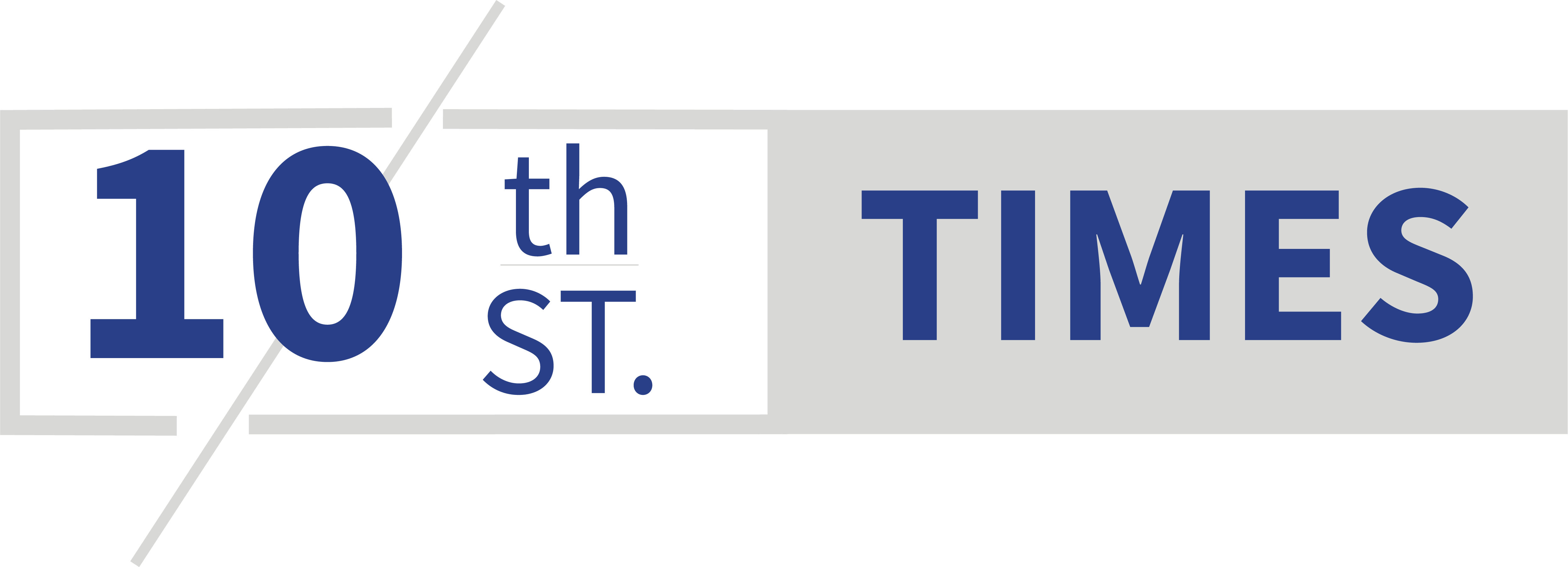Election Anxiety
Share this story

On November 5, citizens across the United States voted for presidential and local candidates, ending an election season full of stress about the results.
Tensions are high among voters, and even non-voters, about who will be the next President of the United States. This phenomenon has gained significant attention as more and more people recognize this emotional state. In fact, the American Psychological Association found, “7 out of 10 American adults say the future of the nation is a significant source of their stress.”
Some causes of this anxiousness revolve around the polarization of politics as well as policy. When talking to Katherine Hayden, a sophomore at Northwest High School, she explained, “I feel like this election has a lot of repercussions that will come from it and I feel like the two candidates are so opposed and opposite in what they support that if the one I don’t like won’t get elected, then I’m worried that the topics I want [to be] tackled will be tackled in the opposite way that I want.”
Hayden then went on to describe policies that she wanted tackled and each party’s view on it, and how that impacted her and her thoughts on each candidate. These views are one of the biggest ways to sway voters to a specific candidate. Hayden explained, “I’ve been finding news sources and just like seeing people who are trying to predict how [the election] will go, so I’m very up to date on news sources and that’s probably what’s freaking me out.”
Policy is a topic each party cares about, and each side has a drastically opposite approach to the other side, which leads to a major conflict between parties. This polarization has gotten worse and worse each year, which builds up more and more to the tension between Vice President Kamala Harris voters and Former President Donald Trump voters. Libby Dumstorff, a Northwest sophomore, explained this feeling, saying, “I’m scared of how the policies of the elected president will impact the future on many different fronts.”
For many, the election feels deeply personal, especially when issues of healthcare, education and civil rights are at stake. Concerns about how the outcome will affect a person and their community is a prominent worry and cause of anxiety.
Another contributing factor is social media and news outlets. As one person is scrolling on social media, a variety of political ads and media pop up. Political media is often very hyperbolic and exaggerates what the truth is, which often creates feelings of discomfort and fear.
Election anxiety is common and understandable with the harsh and volatile political climate that we live in. By recognizing its causes and being able to take coping measures, many can help manage their election anxiety and engage constructively in voting and the democratic process.
